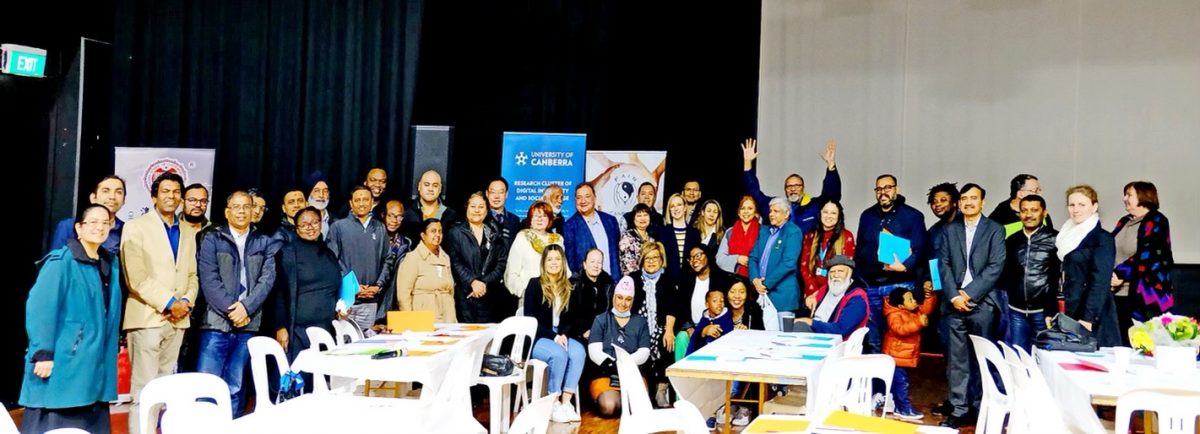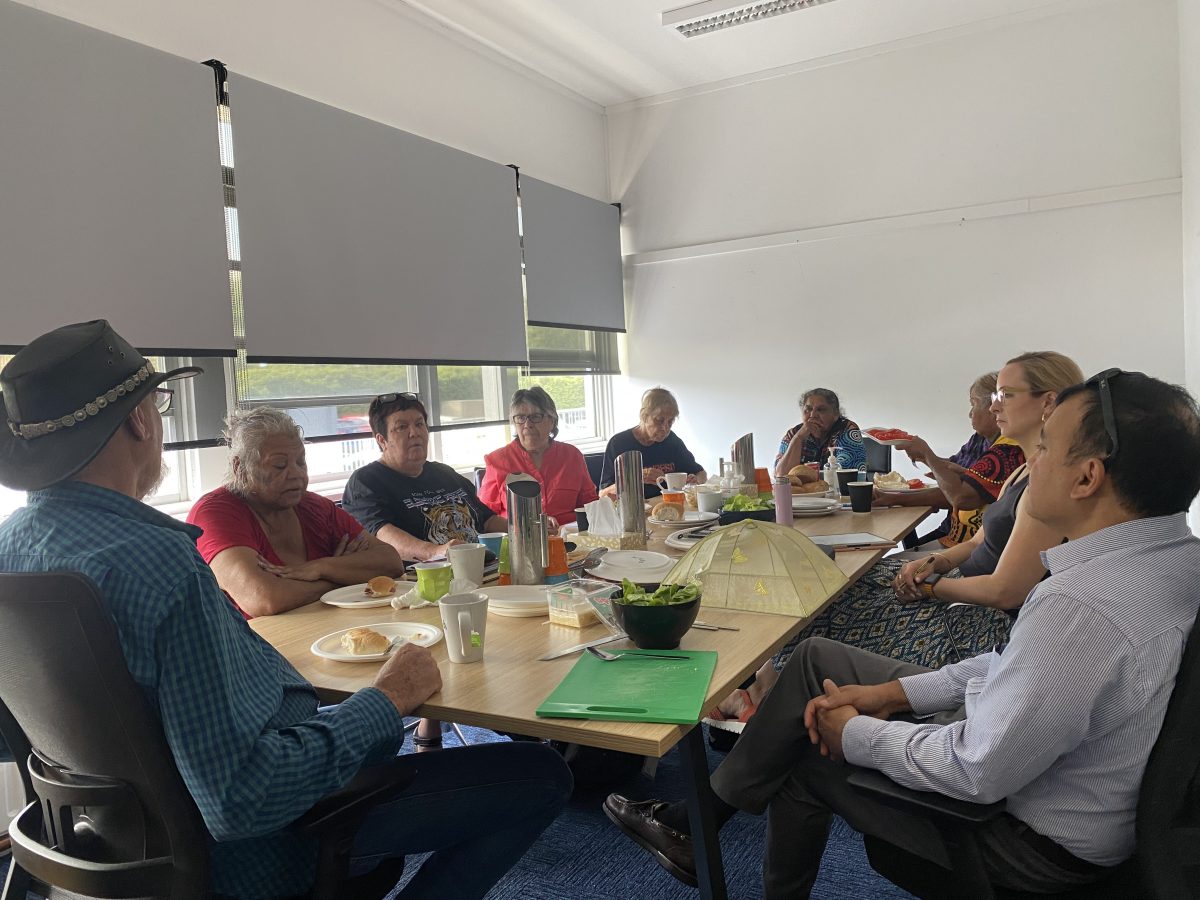
A new opportunity has arisen to build digital safety skills that will help protect Canberra’s most vulnerable from cyber security attacks. Photo: File.
In the 2021-22 financial year, the Australian Cyber Security Centre received more than 76,000 cybercrime reports from businesses and individuals across the country.
Defence Minister Richard Marles said this is an increase of almost 13 per cent from the previous financial year.
“We also saw an increase in the sophistication of cyber threats,” he said. “This makes crimes like extortion, espionage and fraud easier to replicate at a greater scale.”
Fair Canberra and the University of Canberra (UC) have joined forces to deliver a cyber safety awareness program with a particular focus on local families, the elderly, refugees and the wider multicultural community – groups that are often the most vulnerable to cybercrime.
Fair Canberra has held a number of digital safety sessions for vulnerable groups, which are run by UC staff and help people learn how to identify scams, protect their online identity and become more digitally aware.

The symposium attracted professionals, leaders, and community members from all walks of life. Photo: Fair Canberra.
Fair Canberra public relations manager Daisy Matsika said this project began as a joint venture with UC’s Research Cluster of Digital Inequality and Social Change (RC-Disc) back in 2022.
“UC’s RC-Disc collaborated with us to host a symposium for local professionals, leaders and community members,” she said.
“We focused on the potential use of technology and digital platforms to improve the lives of our most vulnerable demographics.
“At the symposium, we introduced expert panel speakers, hosted a workshop, and provided the tools and resources for participants to continue their education at home.”
Panel speakers at the symposium included industry experts such as Dr Katherine Jeffries, Dr Mike O’Brien and Dr Wayne Applebee. Representatives from the Australian Federal Police also shared their expertise.
“The symposium was the beginning of a series of smaller workshops aimed towards parents of multicultural and Indigenous children,” Ms Matsika said.
“We plan to offer workshops like these to targeted demographics wherever we identify gaps in communities’ online safety knowledge and skills.
“The four workshops we have run so far have been to educate and support Canberrans as they approach parenting in a digital world.”

Smaller workshops have since been run for parents of multicultural and Indigenous children with a focus on the specific gaps in community knowledge. Photo: Fair Canberra.
Dr Ahmed Imran leads RC-Disc at UC. He is also the chair of the Program Policy and Advocacy sub-committee for Fair Canberra.
Dr Imran explains that many local parents of multicultural and Indigenous children have expressed particular difficulty navigating this space.
“For parents who come from different backgrounds, ethnicities and value systems, battling to cope with the online landscape can be really challenging,” he says.
“This is especially true for those who haven’t had regular contact with the internet or social media prior to having children – they feel unable to assess the risks associated with internet use.
“These workshops are a great opportunity for us to help parents bridge this gap.”
“Parenting in the digital age poses a new challenge for parents,” he says.
“It requires new knowledge and shared experiences, as well as appropriate strategies to mitigate the consequences that unsafe use can have for children.”
Fair Canberra and RC-Disc welcome community members from all walks of life who are interested in taking part in this initiative.
“It is our mission through this project to allow all Canberrans equal access to the knowledge, resources and skills they need to navigate the online environment confidently,” Dr Imran says.
“Each workshop is aimed toward a target demographic – our focus right now is helping those who have fallen behind by breaking down barriers such as financial difficulty, age, cultural experience, ethnicity and rural location.
“This means we listen to your concerns and experiences to identify the gaps that exist in your community and plan our approach to suit your specific needs.”
If you would like to organise a digital safety session in your community, contact Fair Canberra via its website, or email RC-Disc directly to register your interest.












